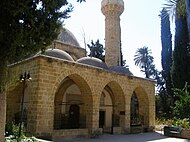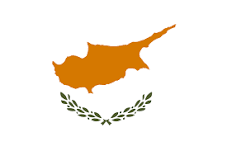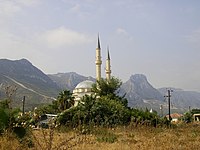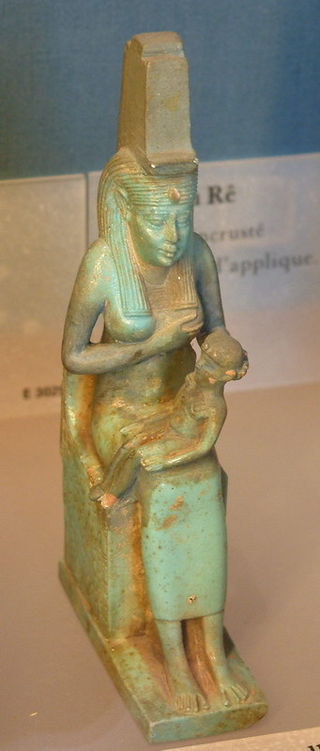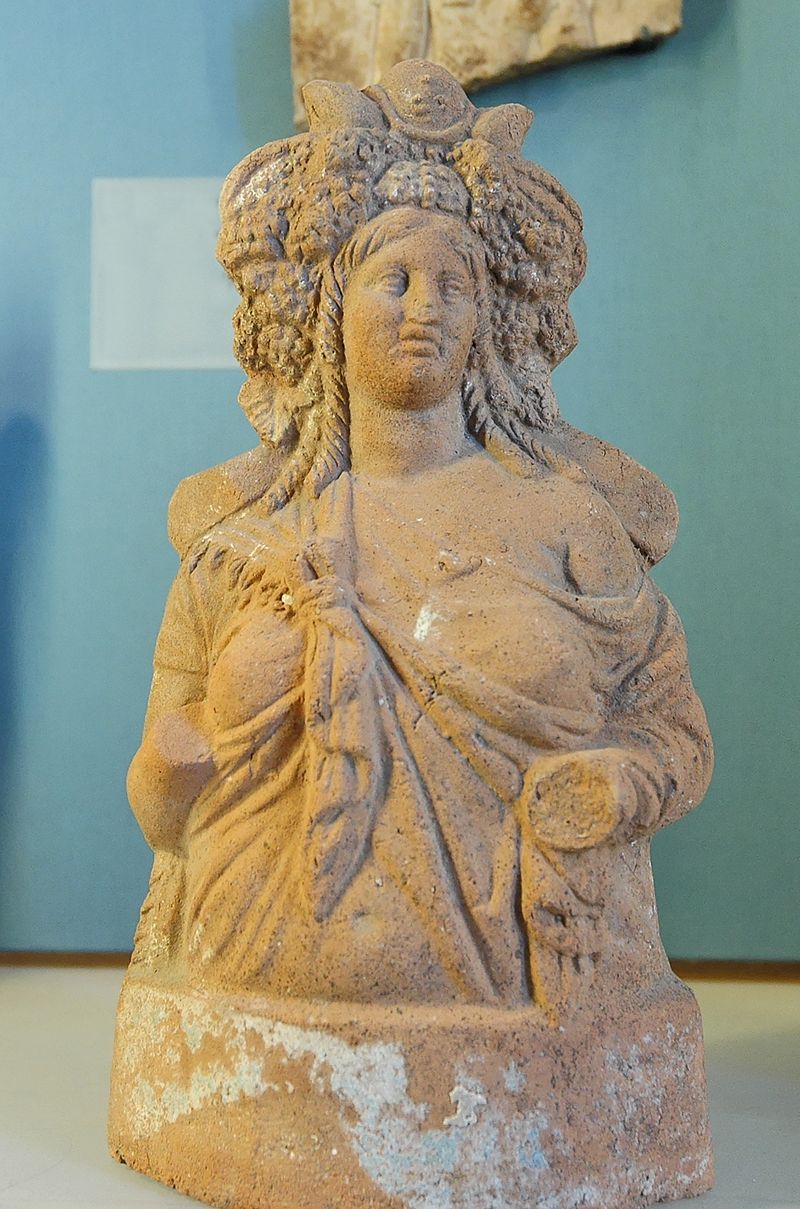Was Islam spread by the sword?
No.
Islam did not spread by sword. In fact sword is a hindrance in the way of spread of Islam. Quran provides both commandments and the gist of wisdom of the same; this peculiarity is not retained in book of any other revealed religion.Islam flourishes most in peace with its strong reasonable and rational arguments.
For example:
Peaceful Spread of Islam in [URL='https://en.wikipedia.org/wiki/Cyprus']
 Cyprus[/URL]: [1]
---
Cyprus[/URL]: [1]
---
Cyprus
Country in Europe
Cyprus, an island in the eastern Mediterranean, has rich, turbulent history stretching back to antiquity. Known for its beaches, it has a rugged interior with wine-growing regions. It’s separated into a Greek south and Turkish north, with the capital Nicosia also divided. Coastal Paphos is famed for its archaeological sites relating to the cult of Aphrodite, including ruins of palaces, tombs and mosaic-adorned villas.
Mosque in
Nicosia
Islam in
Cyprus was introduced when the island finally fell to Ottoman invaders in 1571. Prior to this, the Muslim presence on the island was itinerant, with Arab raiders intermittently visiting and plundering coastal settlements.
Before the Turkish invasion of Cyprus in 1974, the
Turkish Cypriots (the Muslim community of Cyprus) made up
18% of the island's population and lived throughout the island. Today, most of the estimated 264,172 Muslims are based in the north of the island. Turkish Cypriot society is markedly secular though, at least formally, adherents to the faith subscribe exclusively to the
Sunni branch, with an influential stream of
Sufism underlying their spiritual heritage and development.
Nazim al-Qubrusi, the leader of the
Naqshbandi-Haqqani order, hailed from
Larnaca and lived in
Lefka. There are a few
Ahmadi Muslims in the country.
[1]
History[edit]
Islam came to Cyprus early on in the Arab conquests[
citation needed] though a permanent presence only followed the Ottoman conquest in 1571.
It is rumored that an aunt of the Prophet
Mohammad, Um Haram, had accompanied one of the early Arab expeditions to the island.[
citation needed] She fell off her mule, died and was entombed at the present Hala Sultan Tekke shrine.
Since the
Turkish invasion of Cyprus in 1974, the Muslim population in the north of the island has been bolstered by settlers from
Turkey who are almost exclusively Sunni Muslims. The status of these settlers is disputed under international law and specifically the prohibition, under the Geneva Convention, on the cross-border transfer of populations by states aiming to engineer changes in the demographic make-up of other states.
https://en.wikipedia.org/wiki/Islam_in_Cyprus
Country/region:
[URL='https://en.wikipedia.org/wiki/Cyprus']
 Cyprus
Cyprus[/URL]
Muslim population 2010 Pew Report
[1]:273,000
Muslim percentage (%) of total population 2010 Pew Report
[1] :22.7
Percentage (%) of World Muslim population 2010 Pew Report
[1] :< 0.1
Muslim Population Other Sources : -
https://en.wikipedia.org/wiki/Islam_by_country
Islam spread peacefully in [URL='https://en.wikipedia.org/wiki/Cyprus']
 Cyprus[/URL].
Cyprus[/URL].
Please correct me if I am wrong.
Regards


